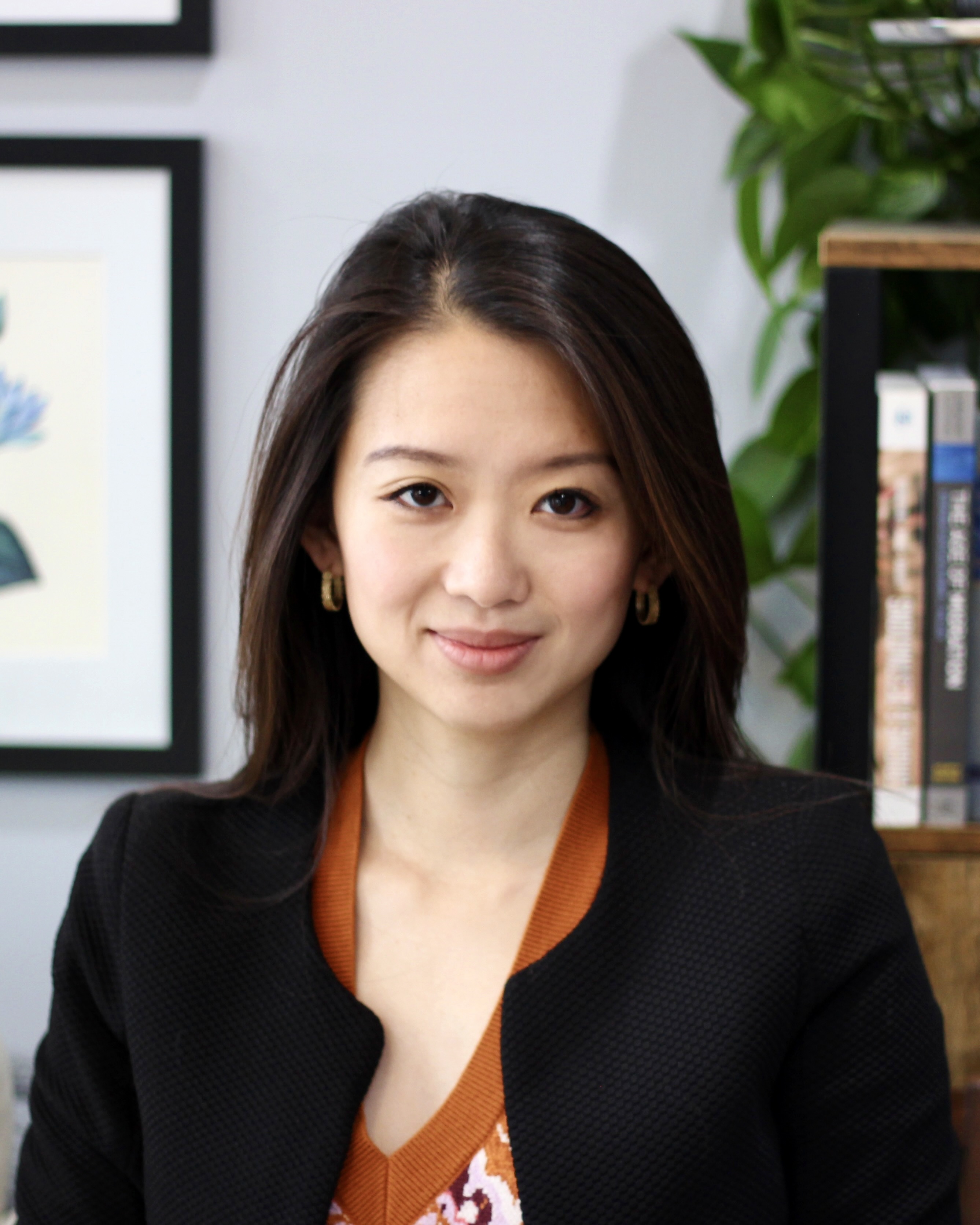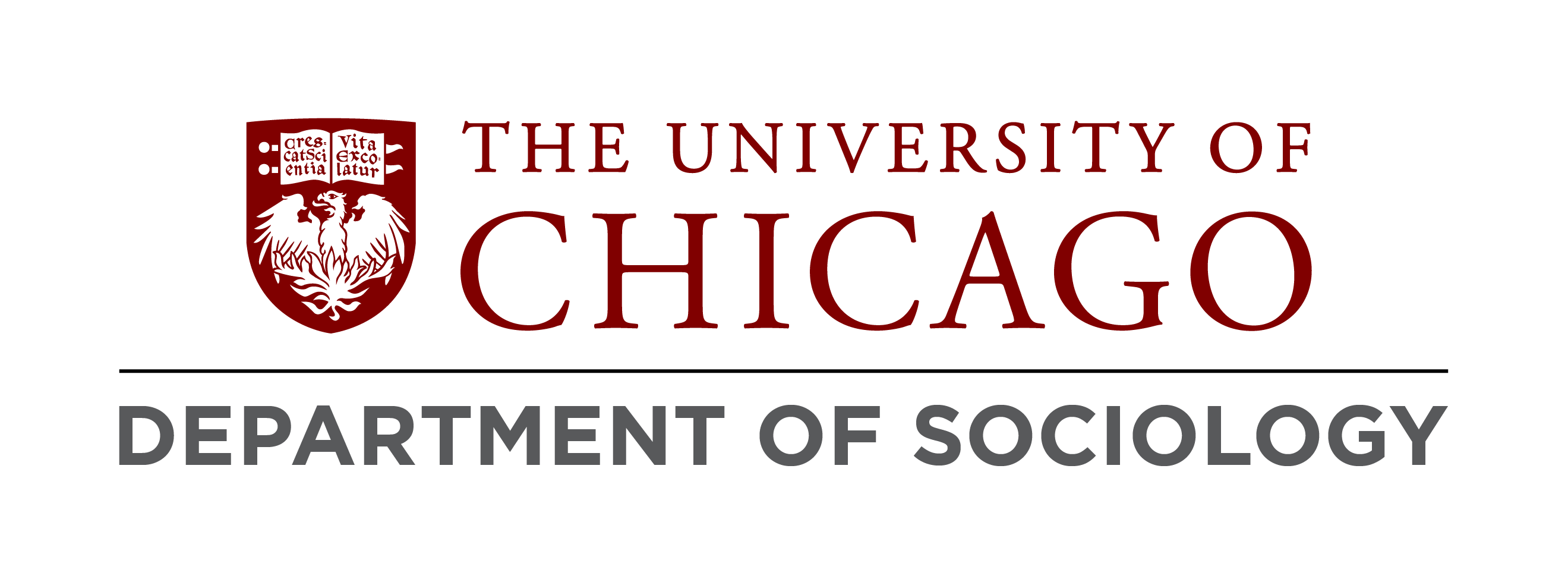
Linda Zhao's research focuses on how social contexts (such as levels of diversity or inequality in a population) can shape intergroup dynamics in social networks, how social networks and social contexts are linked to our behaviors and decisions, and how such networks can generate inequality. Her projects investigate intergroup dynamics, inequality, and social influence in networks within the areas of immigrant integration, policing, and public health. Zhao's current work leverages data from a range of contexts such as adolescent friendships in classrooms, officer networks in police departments, as well as quasi-experimental settings using computational models. Prior to joining the University of Chicago, Zhao was a Frank H.T. Rhodes Postdoctoral Fellow at the Cornell Population Center. Zhao earned a PhD from Harvard in Sociology in 2020, a MA in Statistics from Harvard in 2017, and a BA in Economics from Princeton in 2013.
Recent Research / Recent Publications
Zhao, L. 2025. "Uneven Mixing, Network Segregation, and Immigrant Integration." American Sociological Review 90(3): 521-559.
Zhao, L. and A.V. Papachristos. 2024. "Threats to Blue Networks: The Effect of Partner Injuries on Police Misconduct." American Sociological Review 89(1):159-195.
Zhao, L. 2023. “From Superdiversity to Consolidation: Implications of Structural Intersectionality for Interethnic Friendships.” American Journal of Sociology 128(4):993-1289.
Zhao, L. 2023. “Networks in the Making: Friendship Segregation and Ethnic Homophily.” Social Science Research 110:102813.
Zhao, L. and F. Garip. 2021. "Network Diffusion under Homophily and Consolidation as a Mechanism for Social Inequality." Sociological Methods and Research 50(3):1150–1185.
Zhao, L. and A.V. Papachristos. 2020. “Network Position and Police Who Shoot.” The ANNALS of the American Academy of Political and Social Science 687(1):89–112.
 THE UNIVERSITY OF CHICAGO
THE UNIVERSITY OF CHICAGO

